Putin will maintain ties with Israel, as well as its enemies
Warm meeting with Bennett is part of Moscow’s broader regional strategy, which includes strategic partnerships with Iran and Syria
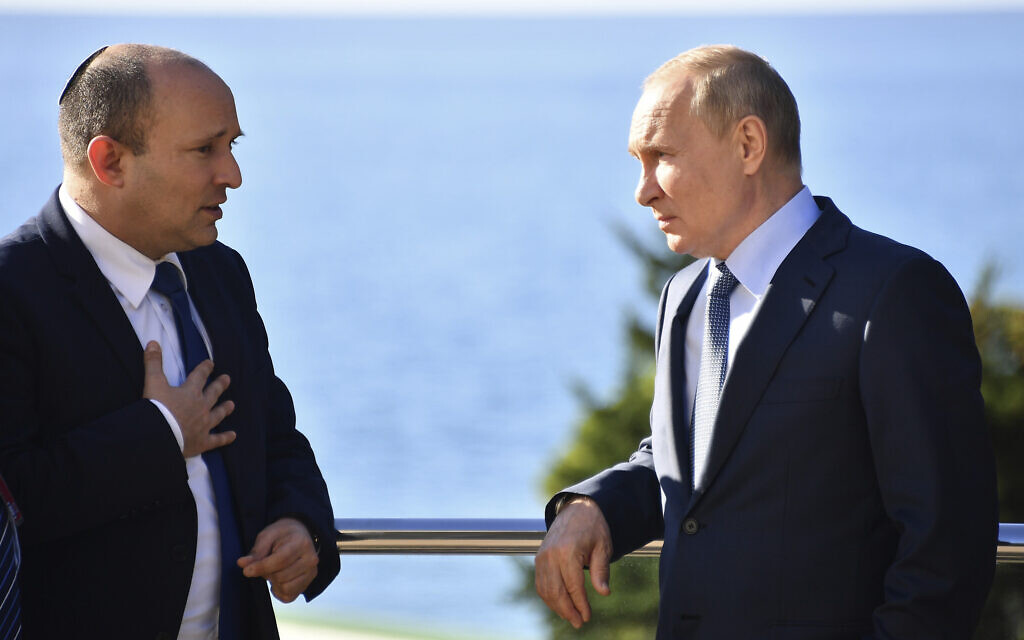
In the telling of both the Israeli and the Russian governments, Prime Minister Naftali Bennett’s first official visit with Russian President Vladimir Putin was an unmitigated success.
Housing Minister Ze’ev Elkin, a native Russian speaker who accompanied Benjamin Netanyahu on his trips to Russia before breaking with the former prime minister, said in a Friday briefing to Israeli journalists that the meeting was “among the warmest and most intimate held this decade” — and that the two men also discussed “personal matters” like leadership.
The meeting ran long over the expected two hours, as the leaders strolled through the grounds of Putin’s Bocharov Ruchey residence in Sochi and went inside to chat over drinks.
The Bennett-Lapid government’s interest in stressing the personal connection is clear. Netanyahu’s camp has long claimed that Israel and Russia were able to navigate dangerous tensions solely because of the rapport between the former prime minister and Putin.
But the Russian side, too, sought to put forward a narrative of continuity with Israel’s new government, with Putin hailing the “quite businesslike and trusting relations” he’d had with Netanyahu and expressing his hope that they continue with Bennett.
The warmth emanating from both sides certainly indicates a desire for constructive dialogue over difficult issues, but Israel’s optimism should be tempered by the fact that Russia supports Jerusalem’s most bitter adversaries, and will continue to do so during Bennett’s tenure.
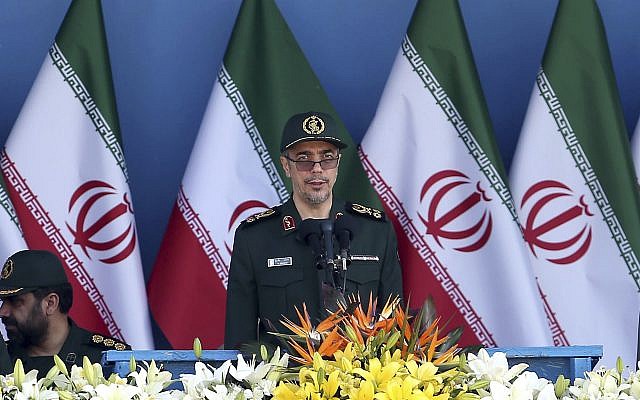
A leading player in the region
“There clearly is a desire for continuity,” said Jonathan Spyer, director of the Middle East Center for Reporting and Analysis.
At the same time, according to Ksenia Svetlova, Middle East expert at the Mitvim Institute, maintaining open dialogue with Israel is part of the Kremlin’s broader regional strategy, one that includes a partnership with countries like Iran and Syria.
“Russia is playing in a number of theaters in the Middle East,” she told The Times of Israel. “It sees itself as a leading player that can pull strings, and for this it needs positive relations with all sides.”
There is no better illustration of Russia’s approach to the region and Israel than the visit to Moscow by Iran’s military chief of staff in the leadup to Bennett’s trip.
Only days before Bennett and Putin chatted amicably on the shores of the Black Sea, Iranian chief of staff Mohammad Hossein Baqeri was in Moscow to drastically expand Russian arms sales to Tehran.

“The conclusion of weapons agreements and their implementation in the near future will significantly deepen our relationship,” said Iran’s military chief, after holding talks with Russia’s defense minister and chief of staff.
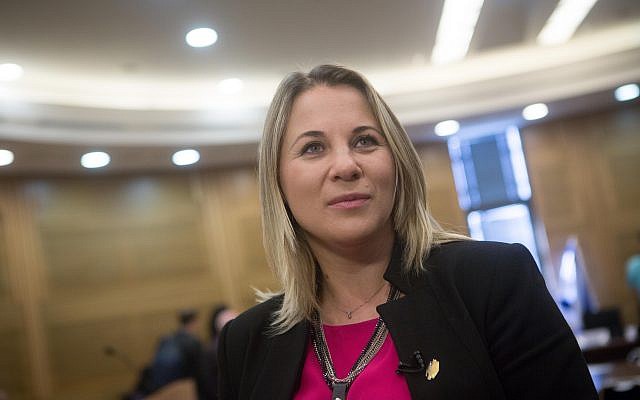
“When Elkin or Bennett say Putin is attentive to Israel’s security needs, how exactly does this attentiveness line up with providing advanced weaponry, advanced systems and more to Iran?” asked Svetlova. “I wouldn’t give too much importance to the warmth or to the length of the meeting. I’d pay attention more to Russia’s strategy.”
While backing the Bashar Assad regime in Syria, and developing deep operational ties with Hezbollah in the battle-torn country, Russia does see a core interest in continuing its cooperation with Israel, the one US-allied democratic state with which it has such positive ties.
A major component of Israeli-Russian cooperation is the deconfliction mechanism for Syria, through which the Israel Defense Forces informs Russia’s commanders at the Hmeimim Air Base on the Syrian coast shortly before it carries out airstrikes in the country.
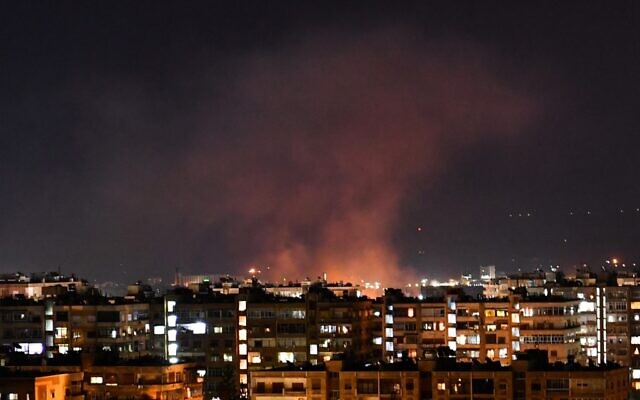
Russia is well aware that Israel’s years-long “campaign between wars” against Iranian entrenchment in Syria complicates its own cooperation with both Damascus and Tehran, and its attempts to rebuild Syria.
“There also appears to be a clear desire to coexist with Israel and to make sure these projects don’t collide with each other,” said Spyer. “It comes from a Russian acceptance of the view that Israel’s actions do not fundamentally challenge the Russian project.”
Putin also recognizes that Israeli airstrikes are directed at Iran, not Russia, and are not especially directed at Assad either.
There is something of a convergence of interests in Syria, argued Efraim Inbar, president of the Jerusalem Institute for Strategy and Security. “They don’t want Iran to get too strong in Syria either.”
Moscow also recognizes Israel’s military advantage in the region, and has no desire to pick a fight with one of the most powerful air forces in the world while it has only minimal forces in Syria.
Still, there are important Russian voices pushing for a harder line against Israeli operations in Syria. In recent months, senior Russian defense officials have been increasingly critical of the IDF campaign, and the defense establishment is said to be advocating for Russia to push back harder on Jerusalem.
“Putin and the foreign minister see Israel’s activity quite differently,” said Svetlova. “They believe they must maintain good relations with most or all the players, and give everyone something they want. They understand that Israel cannot accept an expansion of Iranian influence in Syria.”
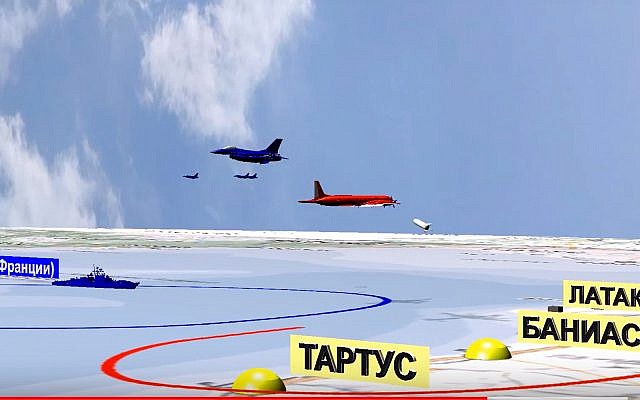
Since Russia publicly blamed Israel for the Syrian military shooting down one of its Il-20 military planes in 2018, a new mechanism has been in place in which the Russians are given more warning time. Though Moscow will continue to press for more advance notice, the system is working well enough.
Moreover, the good cop, bad cop routine between Putin and the military is likely to continue as well, reminding Israel not to push the envelope too far, and to continue showing its gratitude to Russia’s president for his cooperative approach. If Putin didn’t want the deconfliction over Syria to persist, it would come to a sudden halt.
While the Russia-Israel relationship in Syria will continue to be useful for both sides, Bennett and Putin are also not about to come to any surprise revelations over the 2015 nuclear agreement between the P5+1 and Tehran or over the talks in Vienna to restore it.
“We shouldn’t have any illusions that we can coordinate with them on the Iranian nuclear program,” said Inbar. “They see Iran as an anti-American force that weakens the US position in the region.”
The tenor of public statements coming from Russian officials about Israeli attacks in Syria, especially from civilians, will be an important indication of the state of the relationship. For now, Israel should expect tactical cooperation with Russia to continue in Syria, while Russia remains a strategic partner for some of Israel’s most dangerous foes.
Do you appreciate The Times of Israel's non-partisan coverage of Israel and the Jewish world? If so, please support our work by joining The Times of Israel Community. For as little as $6/month, you will:
- Support our fast, free and fair journalism;
- Enjoy an ad-free experience on the ToI site, apps and emails; and
- Gain access to exclusive content shared only with the ToI Community, including weekly letters from founding editor David Horovitz.
We’re really pleased that you’ve read X Times of Israel articles in the past month.
That’s why we come to work every day - to provide discerning readers like you with must-read coverage of Israel and the Jewish world.
So now we have a request. Unlike other news outlets, we haven’t put up a paywall. But as the journalism we do is costly, we invite readers for whom The Times of Israel has become important to help support our work by joining The Times of Israel Community.
For as little as $6 a month you can help support our quality journalism while enjoying The Times of Israel AD-FREE, as well as accessing exclusive content available only to Times of Israel Community members.


comments